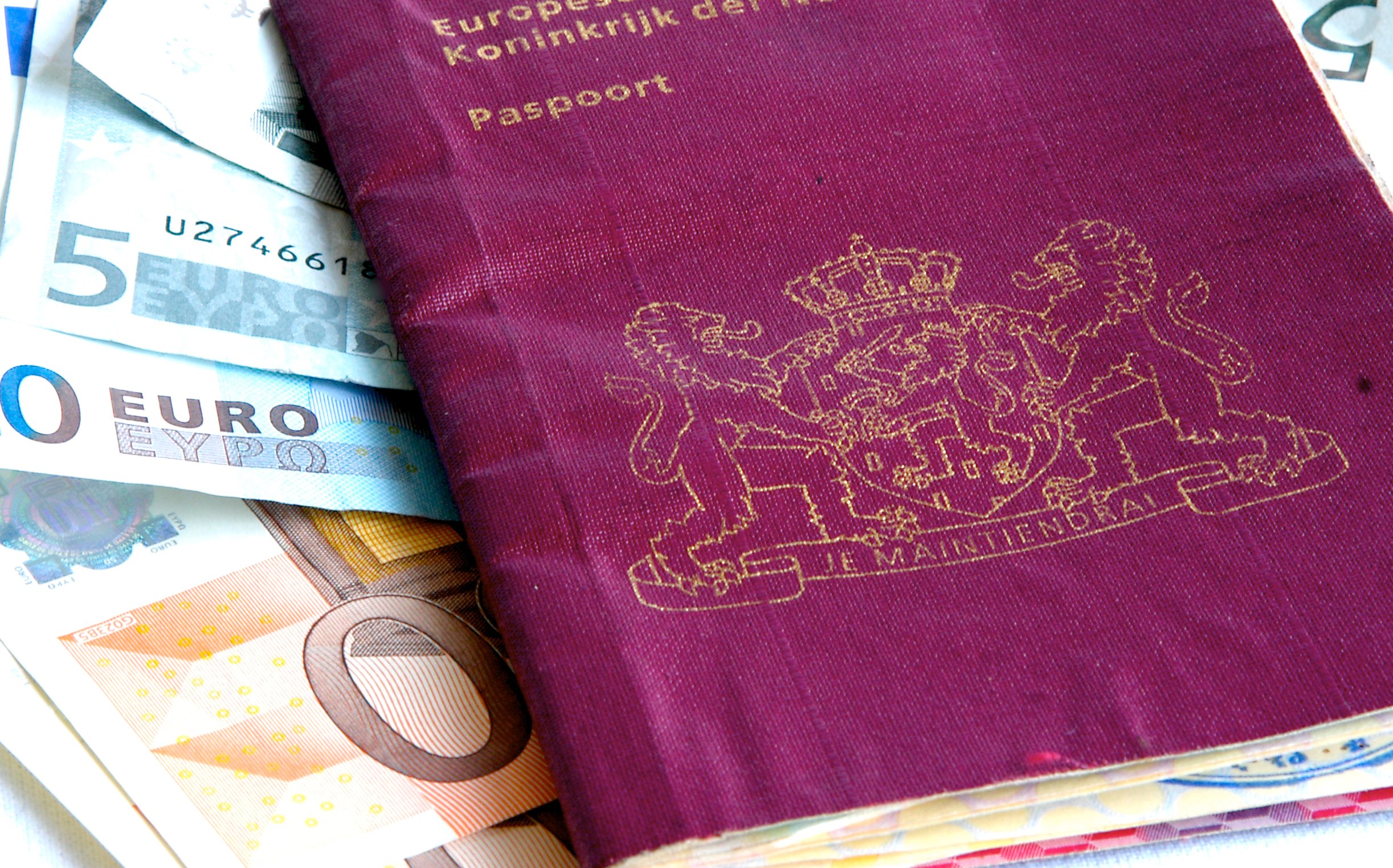Utilizing the International Trade Scheme
4:54
The International Trade Scheme (ITS) is a strategic initiative designed to give Dutch businesses the flexibility and resources needed to bring temporary foreign workers to the Netherlands under specific conditions. This scheme is especially advantageous for companies that require specialized skills or training that are not readily available within the Netherlands or the European Union. By leveraging the ITS, businesses can temporarily transfer foreign employees to the Netherlands for various tasks—including large construction projects, training on new machinery, and providing specialized training to employees of a related company.
The ITS is an excellent solution for businesses engaged in international trade, services, and collaborations. It is particularly beneficial for companies that need multiple non-EU workers to execute a project within a set timeframe. The key benefits of the ITS include the ability to bring in specialized talent quickly and efficiently, bypassing the lengthy process of obtaining individual work permits for each worker. This flexibility can significantly enhance the capacity of Dutch businesses to complete complex and time-sensitive projects, thereby boosting their competitive edge in the global market.
To take full advantage of the ITS, Dutch businesses can apply with the UWV to have a project and its associated tasks approved. The project must be well defined and be concluded within a specific timeframe. In principle there are no limitations to the number of employees for the application, as long as it is in line with the project complexity and required knowledge to complete the project in time. However, there is a tendency that the approval sets a limit to the number of employees as this makes it easier for the authorities to perform compliancy audits.
Perhaps the most important benefit of the ITS is that once the project is approved, the employer is no longer required to obtain individual work permits for each individual foreign employee involved in the project. Instead, they must register these employees with the UWV through a simple notification process.
The application process is streamlined as follows:
Submit a Detailed Request: Begin by submitting a comprehensive request to the UWV that outlines the project, its objectives, and the specific tasks to be performed by the foreign workers. Ensure that all required documentation is included to support your application.
Evaluation and approval by UWV: The UWV will evaluate the request based on predetermined criteria, ensuring that the project aligns with the rules and does not negatively impact the local labor market. This evaluation process typically takes up to five weeks.
Once the project is approved, employers must register the foreign employees with the UWV. This registration process eliminates the need for individual work permits, significantly reducing administrative burdens.
Temporary Residence Permit (GVVA): For stays exceeding three months, apply for a temporary residence permit through the IND, demonstrating that the project has been approved and the employee has been registered with the UWV.
Other than with Highly Skilled Migrants or EU Blue Card applications, the ITS does not have a specific salary threshold for foreign employees, provided that the salary offered meets minimum wage, and is competitive by Dutch labor market standards.
Since no individual work permits need to be applied for, there is an exemption from the requirement to evidence that no candidates within the Netherlands or the wider EU could be found to fulfill each single position, as is generally the case for single permit applications.
By leveraging the ITS, Dutch businesses can therefore enhance their operational efficiency, reduce costs associated with obtaining individual work permits, and improve their ability to complete complex projects on time and within budget.
The International Trade Scheme offers Dutch businesses a unique opportunity to enhance their operations by bringing in non-EU talent for specialized projects.
Particularly when companies require foreign workers on a temporary project, either from an affiliated company or a client, the ITS can be a great tool that significantly reduces administrative hassle and the possibility issues with individual work/residence permit applications.
Exterus can assist in the process of making sure that your company’s project meets the eligibility criteria, navigate the application process, and effectively managing potential challenges.


Ensure market-conform salaries for immigration compliance in the Netherlands. Learn how to align HR policies with immigration regulations to support Highly Skilled Migrant and EU Blue Card applications.

Discover the 2026 Dutch highly skilled migrant salary thresholds, how annual indexation affects applications, extensions, and employer changes.

Discover the new salary thresholds for highly skilled migrants and Blue Card holders in 2026 and explore future policy changes affecting migration to the Netherlands.

Discover how the reduced salary threshold for Highly Skilled Migrants in the Netherlands benefits both employers and recent graduates. Learn eligibility criteria and key considerations.

Discover the new salary thresholds for highly skilled migrants and Blue Card holders in 2026 and explore future policy changes affecting migration to the Netherlands.

Discover the GVVA single permit in the Netherlands. Learn the hurdles, exemptions, and faster alternatives for hiring non-EU talent.

Navigating the complexities of becoming a highly skilled migrant can be challenging, but understanding the requirements is the first step.

Your guide to the EU Blue Card in the Netherlands. See 2025 requirements, salary thresholds, and how it compares to the HSM permit.

Avoid costly fines when hiring non-EU students in the Netherlands. This guide covers work permits, working hour limits, and administrative duties for employers.

Hiring non-EU talent as a non-profit in the Netherlands? Learn the pros, cons & criteria of key permits like the Highly Skilled Migrant, GVVA & EU Blue Card. Find out which fits your organization best and get expert help to simplify the process!

Looking to hire top global talent fast? Learn how your Dutch startup can hire highly skilled migrants using an Employer of Record—skip the red tape, stay compliant, and scale smarter. Discover the benefits and process in our guide.

Discover the ins and outs of holiday allowance in the Netherlands, including how it’s calculated, when it’s paid, and why it’s an essential perk for employees in the Netherlands.
Subscribe to our newsletter and stay ahead with the latest insights and developments in global employment mobility, delivered straight to your inbox.
By subscribing you agree to with our Privacy Statement